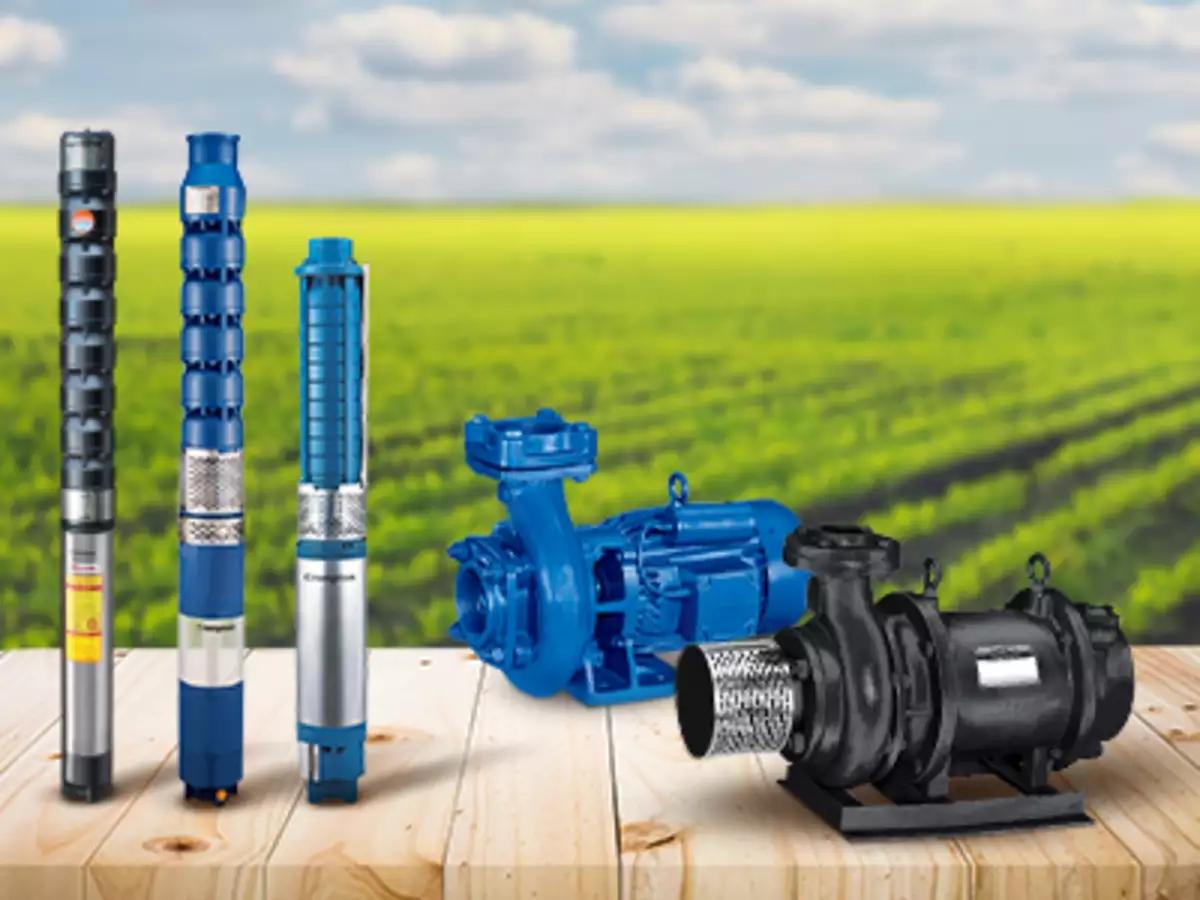An irrigation pump is a machine used to supply water to a specific area of land. This could be for aesthetic purposes, such as ensuring the health of a patch of grass, or it could be utilized on a farm where a family's life is dependent on irrigation. Irrigation pumps come in a variety of shapes and sizes. The user must select a suitable pump for the job based on the irrigation system and the overall purpose. A variety of sources can power irrigation pumps. The majority of them are electrically powered. Other fuel sources may be used in some cases as long as the connection is accessible; electricity benefits from a steady energy source. Other fuel sources, such as diesel, gasoline, or propane, maybe the only alternative in more isolated places. When purchasing a water pump, there are a few things to consider.
Necessary operating pressure
Irrigation systems are made to supply the right amount of water at the right time to keep plants healthy. Irrigation equipment of many varieties is specified to distribute water to various types of crops. Operating pressures will vary depending on the type of equipment. Take the operational pressure criteria from the irrigation design and note the maximum pressure required.
System flow
It is critical to comprehend the system's scope. Irrigation is usually broken down into zones, which are essentially separate areas of vegetable matter irrigated at different times. The size and kind of pump will be determined by various irrigation zones' maximum and lowest flow requirements. Take the irrigation plan's maximum flow requirement for the largest zone.
Losses due to friction
Compute the overall head loss, elevation change, and suction lift head required from the pump outlet to the topmost sprinkler head. When calculating the total force the pump must generate, these are combined with the pressure requirements of the sprinkler devices. These calculations will provide the hydraulic needs for the system, allowing the pump to be suitably sized.
Budget
The layout of an irrigation system, along with the peculiarities of the site, can have a significant impact on the pump's cost. If an irrigation system developer is unfamiliar with the pumps, they may stipulate pipe sizing, pump position, or watering time requirements, requiring certain pump models to accomplish the desired results. When money is tight, a pump specialist may be able to suggest adjustments that will render the irrigation system more effective.
The kind of water that will be pumped
The type of fluid you'll be pumping is also something to think about. Firefighting pumps are not the same as transfer pumps. Chemical pumps and garbage pumps are two other sorts of pumps.
The inlet's dimensions
The intake size of most pumps is between 1 and 6 inches; however, it can be larger in some situations. Centrifugal water pumps work similarly, pulling water through the inlet valve and releasing it through the output valve. In this scenario, the larger the inlet valve, the more water the motor will be capable of pumping out, and the quicker it will complete the task.
The pump's performance
The first item to consider is the brand of the water pump. The motor or engine can also determine the pump's performance. Conduct the necessary research to determine how high a water pump's quality should be. When purchasing a water pump, there are several variables to consider to ensure that you purchase a machine that will meet your needs. The condition of the irrigation pumps, the kind of water that needs to be pumped, the flow rate of the irrigation pumps, its highest head, and the size of the inlet valve are all considerations to consider.
Also read about:
All you need to know about subscription payments
How are deck tiles beneficial for your home exteriors
Treat yourself to a spa weekend in Sydney

